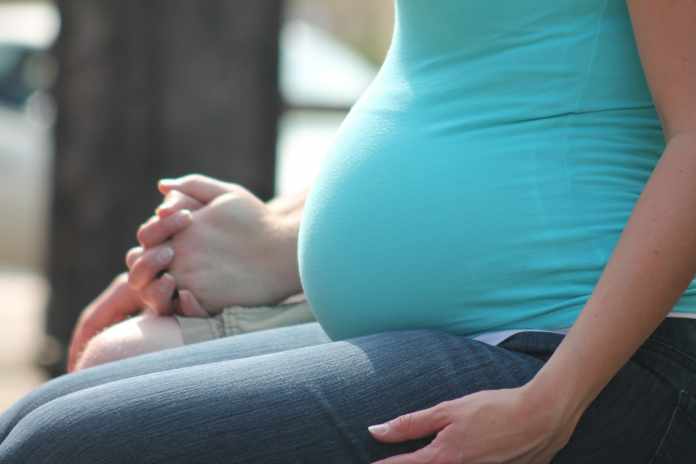Pfizer COVID-19 vaccine trials for pregnant women have begun. It evaluates the safety of vaccinating pregnant women. The vaccine from Pfizer and Moderna are both mRNA vaccine types available in the US. FDA granted permission to use the vaccine for emergency use.
Pfizer COVID-19 vaccine trials for expecting women
Previously, pregnant women were not a part of clinical trials. Thus, there is limited information about how the vaccines will react in their bodies.custom made football jerseys 49ers jersey micah parsons jersey micah parsons jersey custom football jerseys asu football jersey College Football Jerseys micah parsons jersey Iowa State Football Uniforms College Football Jerseys Florida state seminars jerseys micah parsons jersey fsu football jersey detroit lions jersey custom made football jerseys
CDC states that taking a vaccine is a person’s individual choice. They recommend everyone to speak to their respective healthcare provided about possible risks.
Dr. Anna Durbin, a professor on international health from Johns Hopkins Bloomberg School of Public Health, spoke to ABC News. She said that the current trials with pregnant women would offer safety information and the immunogenicity of vaccines. Such data were not collected during the Phase 3 trials. However, with the current trials, pregnant women will be sure of what to expect.
According to preliminary data, the coronavirus infection resulted in risks for pregnant women; many faced issues like increased intubation, premature labor, and even death. Compared to women who did not have COVID during pregnancy, the number of fatalities was quite high for pregnant women. The trial by Pfizer will not help obtain conclusive data about the safety of the vaccine and its effectiveness of expecting women.
Dr. Laura Riley excitedly said that “it is awesome” to do trials on pregnant women, as their physiology is different. She is the OB/GYN-in-Chief at Presbyterian and Weill Cornell Medicine, New York. Further, she said that the results would help understand the side effects of vaccines in such populations. There will also be much data about how the immune response of both the baby and the mother.
How will the trails run?
Phase 2/3 trials for pregnant women will include 4,000 volunteers. They will be under a trial for 24 to 34 weeks of their pregnancy. 50% of the total number will get the coronavirus vaccine from Pfizer, while the rest will get a placebo.
Healthy women who are 18 and above can take these trials. The trials will be done across the US, Argentina, Canada, Brazil, South Africa, Chile, Mozambique, Spain, and the UK.
The volunteers will get two doses of the vaccine 21 days apart. Every woman will be under check for the following 7-10 months to assess her safety and baby’s wellbeing.
The health of infants after born will be assessed till they are six months old. It will verify if they absorbed protective antibodies from their mothers.
The women who enroll in the trials will know every bit of the process. They will also get an update on the vaccine status after they deliver the baby. Women who will receive a placebo will eventually get the vaccine while they are under the study.
Dr. William Gruber, the senior VP of Vaccine Clinical Research and Development for Pfizer, said that pregnant women have a higher risk and complications due to coronavirus. The trials are crucial for them to understand how safe they are once vaccinated.



![Kyla Pratt Net Worth, Early Life, Career [2023] Kyla Pratt Net Worth](https://lessconf.com/wp-content/uploads/2023/06/Kyla-Pratt-Net-Worth-218x150.jpg)



